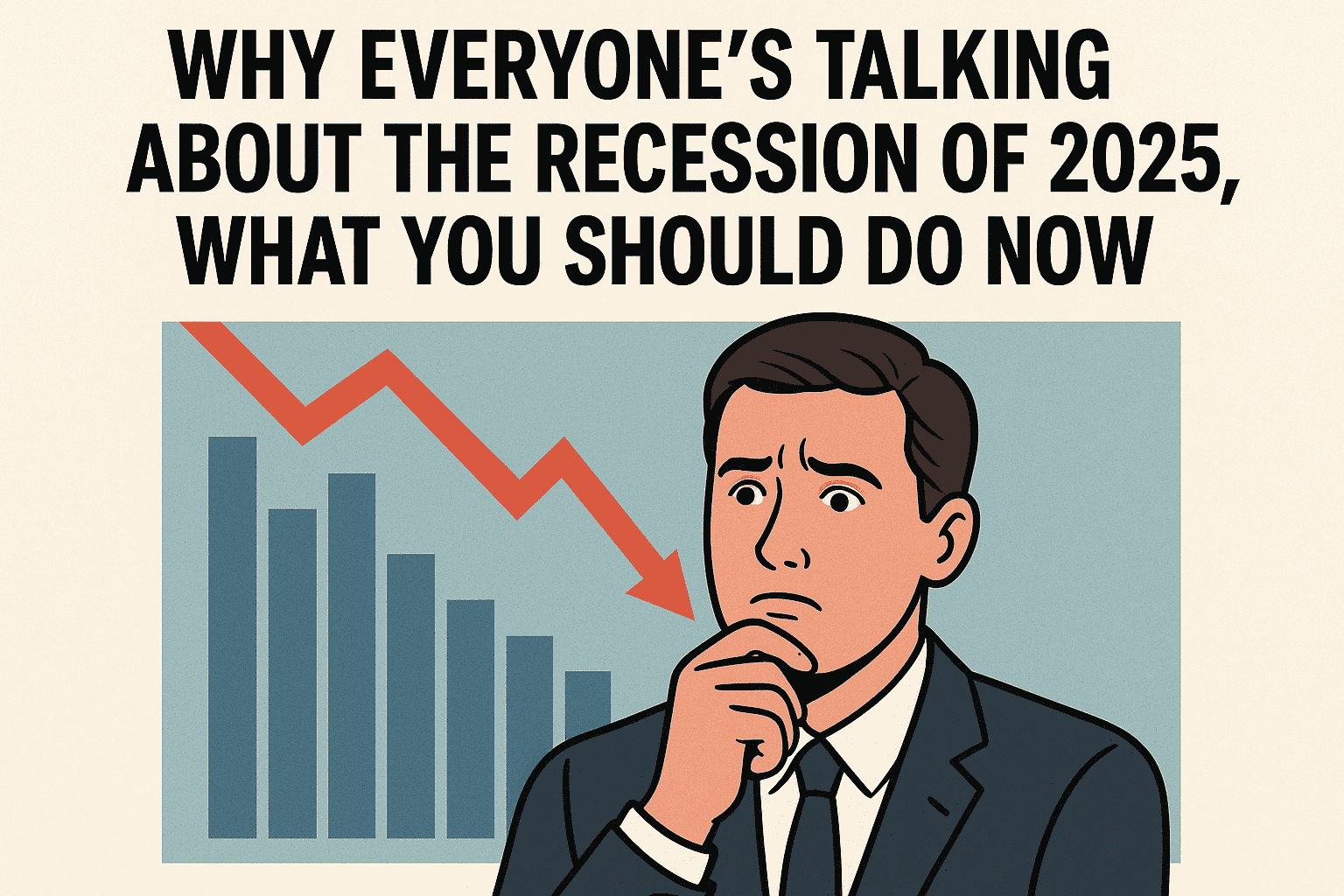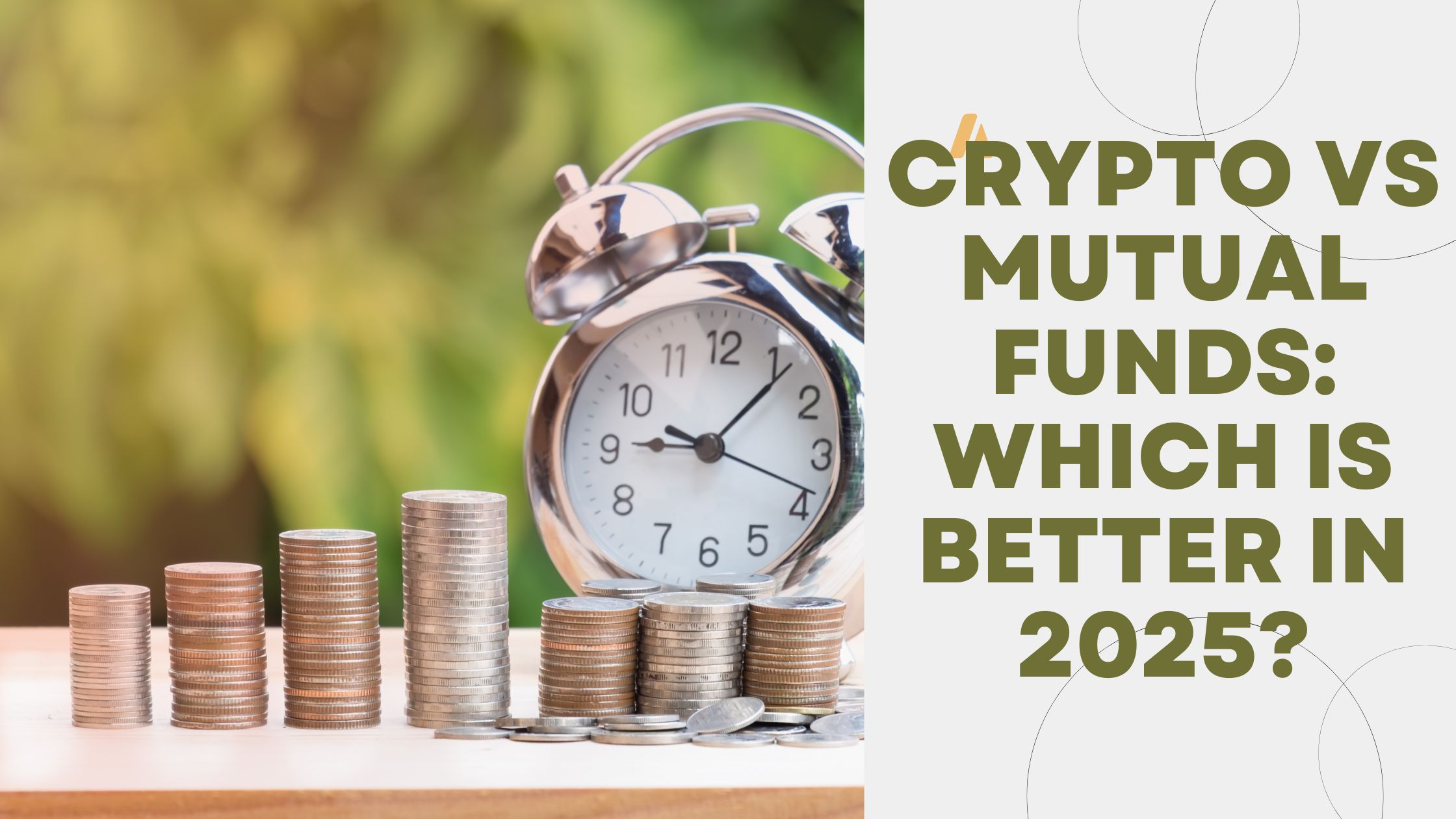The term Recession of 2025 has quickly become one of the most searched phrases this year — and for good reason. Across the globe, people are tightening their budgets, investors are pulling back, and job markets are showing signs of strain. But what exactly is happening, and why is everyone suddenly talking about it?
In this article, we’ll break down what led to the current economic slowdown, what indicators are flashing red, and how you can protect your finances in uncertain times.
What Is the Recession of 2025?
The Recession of 2025 refers to the global economic downturn that began to show signs of emergence in late 2024 and intensified in the first half of 2025. Unlike previous recessions triggered by a single major event (like the housing crash of 2008 or the COVID-19 pandemic in 2020), this recession appears to be the result of a complex mix of factors — including inflation, high interest rates, global supply chain issues, and geopolitical tensions.
Top Factors Behind the Recession of 2025
1. High Interest Rates
In response to surging inflation throughout 2023 and 2024, central banks across the globe — including the U.S. Federal Reserve — aggressively raised interest rates. While this helped curb inflation, it also led to reduced consumer spending and higher borrowing costs for businesses and individuals.
2. Slowing Consumer Spending
With prices rising faster than wages, households have cut back on discretionary spending. Retail, travel, and entertainment sectors are reporting sharp declines in revenue, leading to layoffs and hiring freezes.
3. Layoffs and Job Market Weakness
Tech companies were the first to slash jobs in late 2024, but by mid-2025, industries such as real estate, retail, and even healthcare are beginning to feel the strain. Unemployment rates are slowly creeping up, signaling potential long-term instability.
4. Global Supply Chain Disruptions
Though the world largely moved past the pandemic era, new trade disputes and climate-related events have reintroduced supply chain bottlenecks. This has pushed production costs higher, impacting small businesses and large manufacturers alike.
5. Investor Uncertainty
Stock markets around the world have become volatile, with investors unsure whether to hold tight or move assets to safer investments. The fear of a deepening Recession of 2025 has led to market sell-offs and reduced liquidity.
How This Recession Impacts You
Whether you’re a salaried employee, business owner, or retiree, the Recession of 2025 is likely affecting your wallet in one way or another. You might be:
- Paying higher interest on credit cards or loans
- Struggling to find stable employment
- Seeing reduced investment or retirement account values
- Cutting back on travel, dining, and other non-essentials
What Can You Do to Protect Your Finances?
While the news might feel overwhelming, there are steps you can take to stay financially resilient during the Recession of 2025:
1. Build an Emergency Fund
If you haven’t already, start saving at least 3–6 months of expenses in a high-yield savings account. This gives you a cushion in case of layoffs or income disruption.
2. Reevaluate Your Budget
Cut non-essential spending and focus on core needs. Every dollar saved now increases your long-term financial security.
3. Focus on Income Stability
Consider upskilling or diversifying your income through part-time work, freelancing, or remote gigs. In uncertain job markets, flexibility is an asset.
4. Avoid Panic Selling
If you’re invested in the market, resist the urge to make emotional decisions. History shows that markets eventually recover. Stay diversified and long-term focused.
5. Stay Informed — Not Overwhelmed
Follow reliable news sources and financial experts. Awareness can help you make smarter choices without falling into fear-based reactions.
conclusion
The Recession of 2025 may seem daunting, but it also presents an opportunity to reflect on our spending, adapt to economic changes, and make wiser financial decisions. While no one can predict exactly how long the downturn will last, those who prepare and stay informed are better equipped to ride out the storm.
As always, financial resilience isn’t about predicting the future — it’s about preparing for it.


